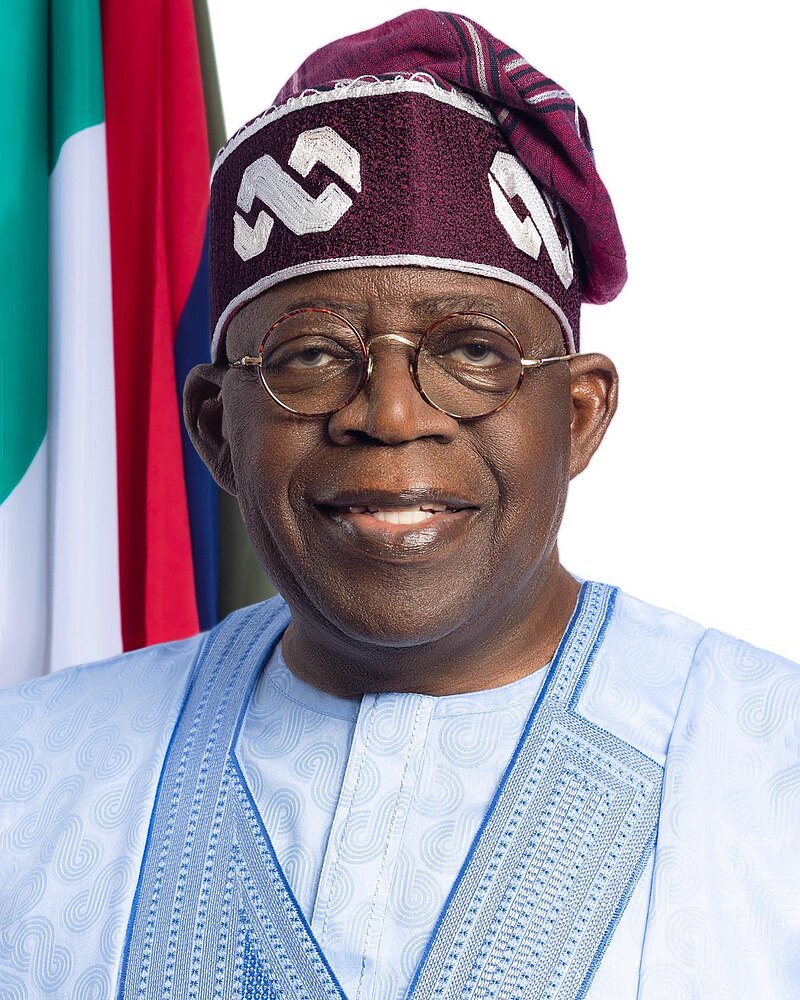Nigeria
Officially, Federal Repulic of Nigeria
States: 36
Capital: Abuja
Languages: English, Igbo, Hausa, Yoruba

President
H.E Bola Ahmed Tinubu, GCFR
The inauguration of Senator Bola Ahmed Tinubu as President of the Federal Republic of Nigeria on May 29, 2023 was historic. He is serving as the 16th and Current President of the Federal Republic of Nigeria, after serving as the Governor of Lagos State from the year 1999 to 2007.

services.gov.ng is your digital gateway to streamlined government services, simplifying interactions between citizens and administrations. Accessible, efficient, and secure, we're committed to empowering every Nigerian with seamless access to essential public services online
Government & Politics
The Executive, Legislative, and Judicial Branches of the Nigerian Government
Overview
Nigeria is one of the few countries in Africa that adopted the federal system of government, for every sector of authorities, effective governance depends on an appropriate division of responsibilities and resources between federal, state and local authorities. The federal government of Nigeria is composed of three distinct branches: legislative, executive, and the judiciary, whose power is vested by the constitution of Nigeria.
The federal government is responsible for the following basic duties:
- Providing public amenities like public education, power supply, etc.
- Provision of security to its citizens’ lives and properties.
- Creating employment opportunities, and an economical environment for businesses to thrive.
- Protecting the country from external and internal threats.
- Generating revenue for the country and its states.
- Establishment of research institutes, educational institutions, health care facilities, etc.
It is also the responsibility of the Nigerian federal government to provide social welfare for its citizens, and so, through the internally generated revenue, a number of resources have been harnessed by the federal government, and revenue gotten from these resources have been used to provide some basic life’s necessities for the Nigerian citizens. To ensure the responsibilities of the federal government are carried out effectively, tasks have been distributed to federal ministries, the federal ministry is a civil service department that stands as an intermediary between the federal government and its citizens, responsible for delivery of various types of government services. Each ministry is headed by a Permanent Secretary